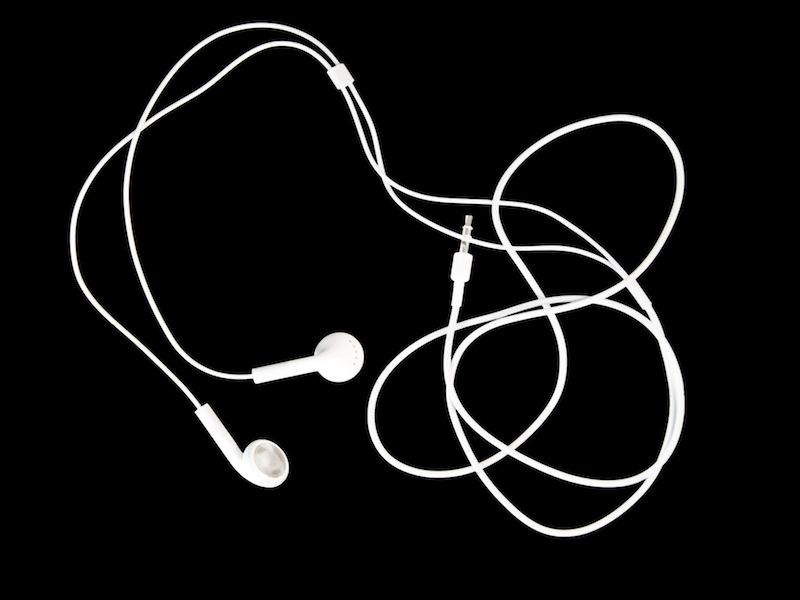
You don’t need to feel like your by yourself if you haven’t had a hearing exam since you were a youngster. It isn’t usually part of a routine adult physical and unfortunately, we often treat hearing reactively instead of proactively. The majority of people ignore hearing loss, even when they are aware of it, for up to seven years which can significantly impact your health. In fact, in the long run, it’s been proven that your overall health cost will increase if you have untreated hearing loss.
The good news, So that our hearing specialists to assist you, we suggest a hearing exam which is easy, pain-free and gives a wealth of information. Both to find out if interventions like hearing aids are helping you and also for diagnosing potential hearing problems. When you were younger, you might recall the audiometry test from school, but a full hearing test will give you a better understanding of your hearing without a lollipop or sticker.
It’s essential that you regularly have your hearing tested even though you might not normally give your hearing as much consideration as your teeth or eyes. You may not recognize a problem with your hearing for some time. Hearing loss usually occurs gradually, and the sooner you detect a problem with your hearing, the sooner you may be able to deal with it.
When Should You Get Tested?
All newborns should be evaluated for hearing loss, and usually, the hospital takes care of that before they are sent home. The American Academy of Pediatrics recommends that children undergo formal hearing exams when they are 4, 5, 6, 8 and 10 years of age and that teenagers should have hearing exams during wellness appointments with their doctors.
It’s recommended that if you are in between the ages of 18 and 49, you have your hearing checked every five years and then, as you age, more frequently. You should get tested every three years if you are 46 to 60 years old and then every two years after you turn 60. But don’t let that to stop you. Your individual circumstances will determine when you need to get an exam. You should have your hearing tested right away if you find that it isn’t as good as it used to be. Untreated hearing loss has been associated with cognitive decline, depression and increased risk of falls and other health issues. It can also impact your relationships and your ability to do work effectively.
There are also circumstances in which you should get a hearing exam as soon as you can to address loss of hearing that could get worse. An immediate hearing test is advisable if:
- You are experiencing vertigo
- You are experiencing a constant ringing in your ears
- Asking people to repeat themselves is something you have to do constantly
- It is difficult to pinpoint where sounds are coming from
- Conversations are difficult to hear when you are in a crowded area especially
- Your ear was infected, or there was a buildup of earwax
Whether you are at risk of hearing loss is another factor. You should get your hearing screened more frequently, for example, if you are exposed to loud noise or if loss of hearing runs in your family.
There are also more than 200 ototoxic medicines. These medications can be extremely harmful for your hearing and they range from some antibiotics to aspirin. In order to make certain none of your medications are affecting your ears, consult your doctor. Think about getting your hearing tested more regularly in order to address any hearing loss right away if you are using any ototoxic medications.
Also, consider your habits and whether they may contribute to hearing loss. Are you using earbuds regularly? There’s been a noticeable increase in younger people with hearing loss, which many experts connect to the increased use of earbuds and other headsets. shows, loud concerts, and machinery can also do considerable damage to your ears. Schedule your hearing exam today if it’s time for you to get your hearing examined.